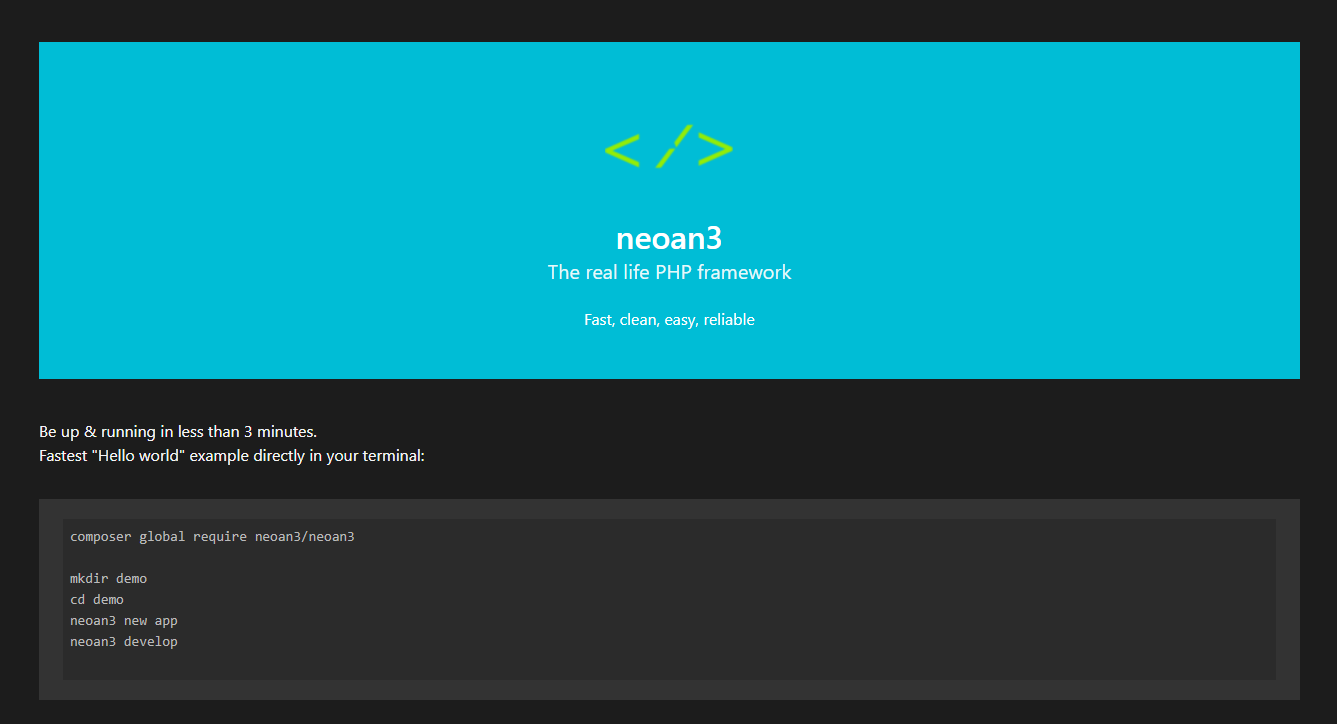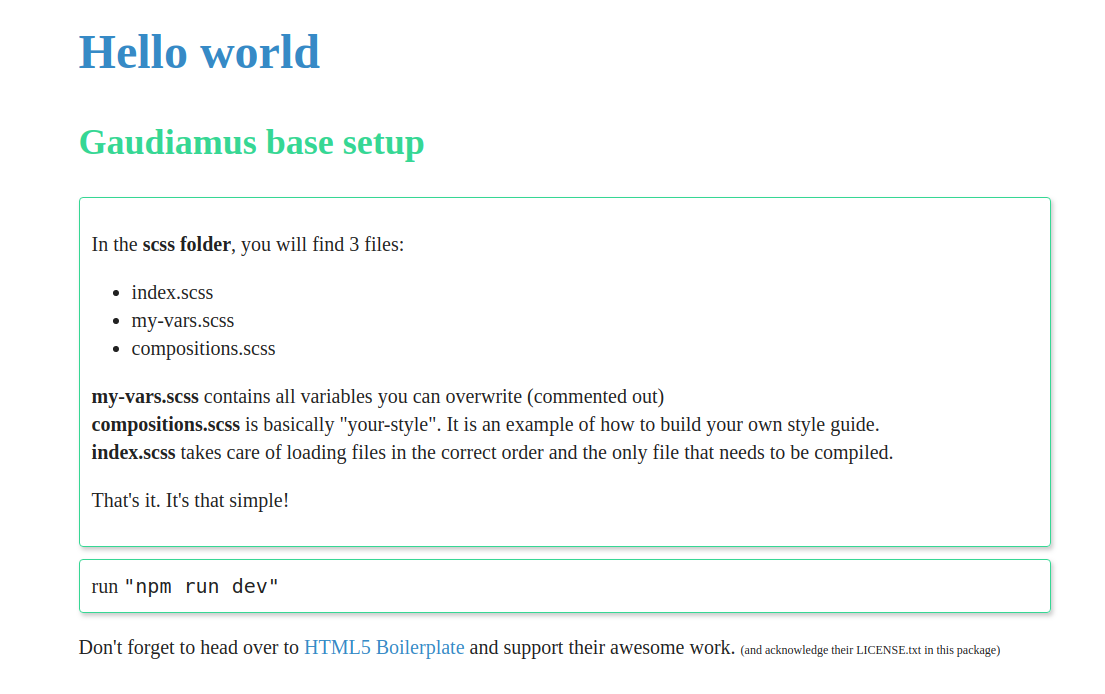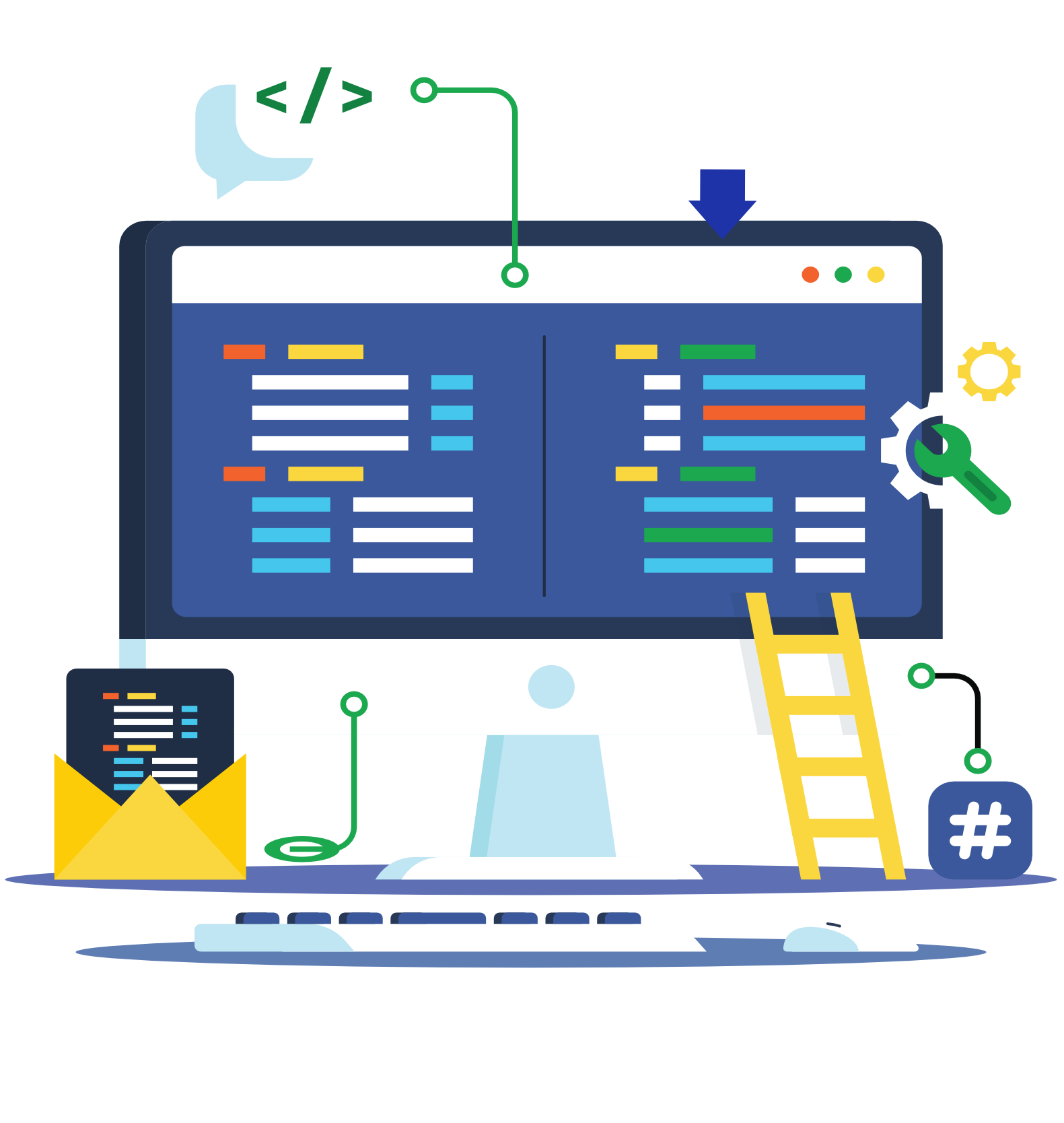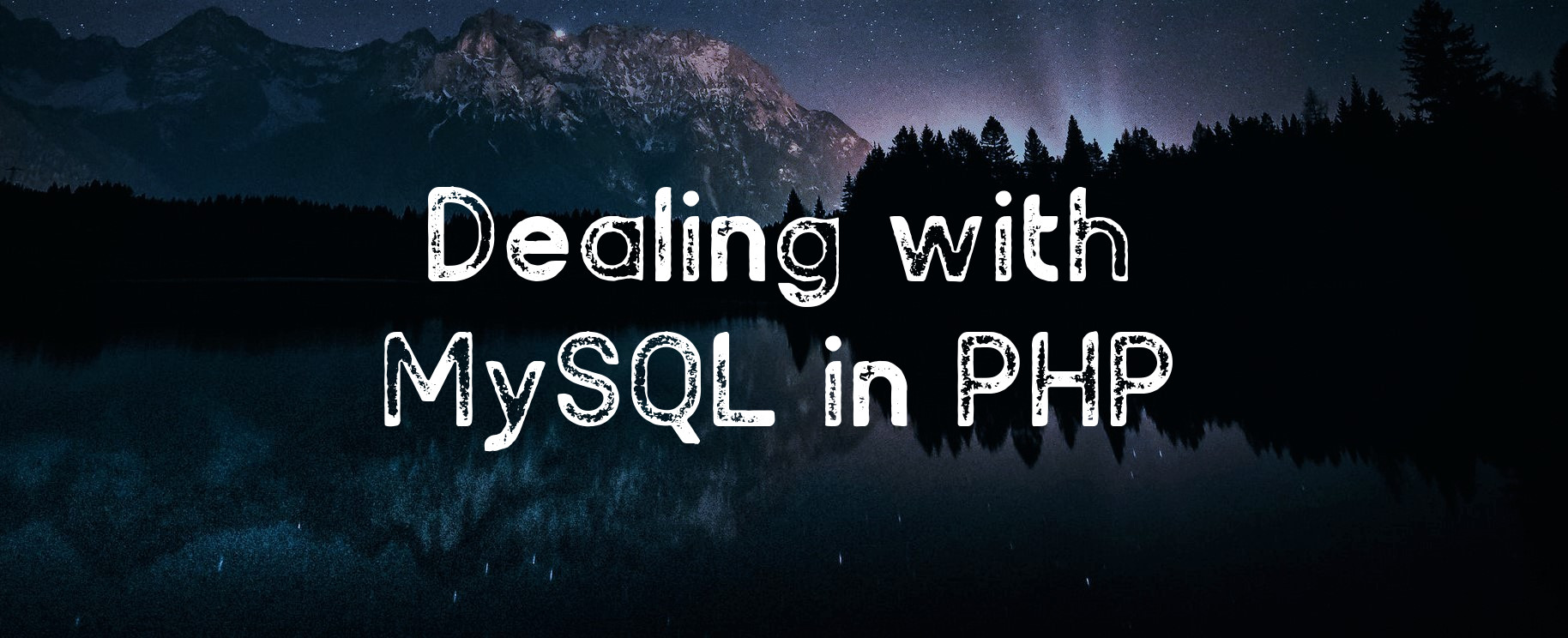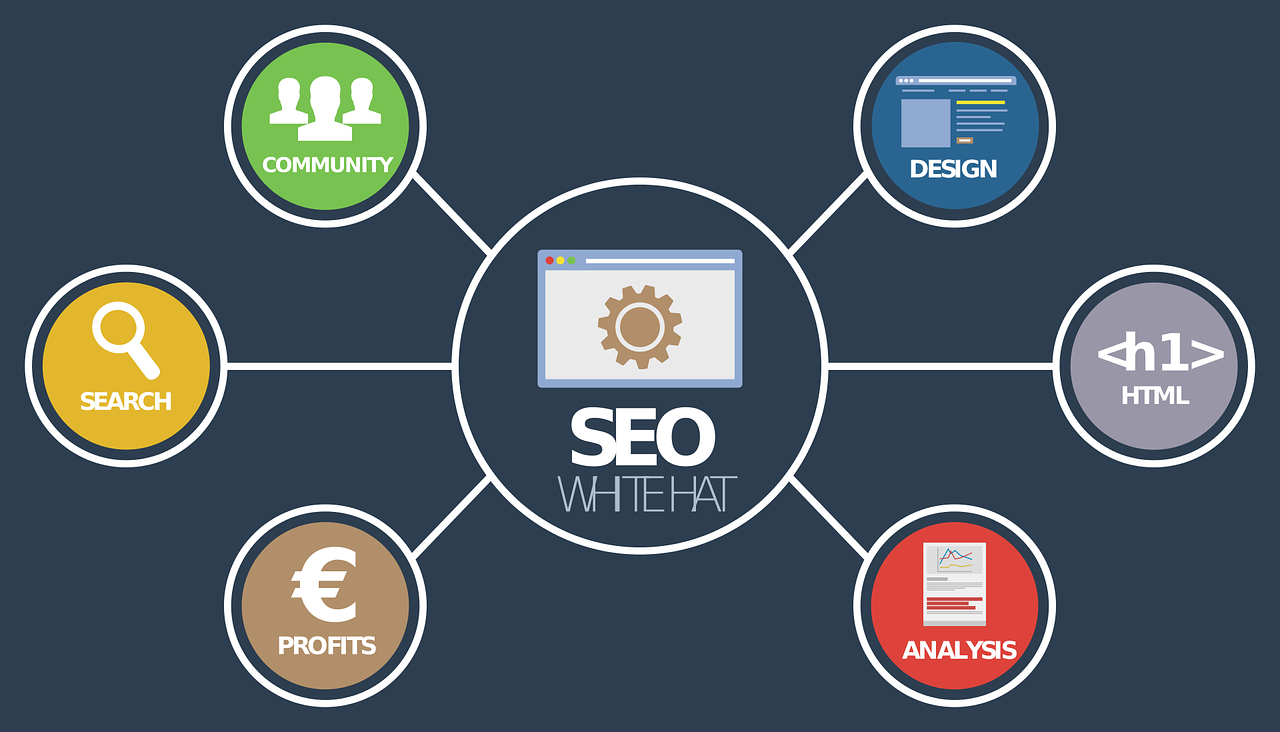But it's "Socialism"
What began as the red scare has left an irrational fear in the American mind. If you can spare a few minutes, I'd like to take you down an honest road and judge the scenery with your own common sense. The only thing it requires is an open mind and a fearless stance to trust your own instincts.
The common good vs. "private"
If you strip everything else away, the difference between both extreme models (Communism and Capitalism) boils down to everything belonging to everybody (managed by the state) and individuals owning assets privately. I say individuals, as the concept of legal entities holding such rights has complicated things further. In reality, neither of these systems has ever manifested outside the minds of Libertarians or Marxist philosophers. We rather distinguish between public and private to various degrees throughout the world.
In the US, we fully accept the fact that most of our taxes fund the military and that elected officials have oversight over an otherwise completely undemocratic organ. Likewise, we don't question that the streets we drive on are public, or that city hall approves our housing plans. However, as soon as one of our oligarchs declares something as "socialist", we shiver in fear of the gulags and poverty ahead of us. Let's dissect why.
Lie #1: Privatization makes things efficient and profitable
One of the most overlooked factors in this statement is the very question of profitability and it's need. In a sane world, we'd divide our consumption into public services and the private sector. Therefore, there isn't much discussion about schools, roads, bridges, or parks to be privatized. Nobody wants a world where poor kids can't go to school, or people not getting to work because they can't afford the toll. But what about services like your internet provider? Or electricity? Most places in the US have next to no competition to choose from in this regard. As a result, we pay insane prices compared to the rest of the industrialized world. In short: whenever you hear this argument ask yourself if the service in question should make a profit, or if it's a common good our society affords itself. What we're left with is the question of efficiency. What does that even mean? In a private school, limiting the preparation of food to the exact caloric needs of the students surely saves money over time. And since tuition doesn't go down based on sick days, saving on sanitation surely "streamlines" the cash-flow. Why offer additional electives if we can fit a classroom with 30% more students without hiring additional teachers? All of these ideas are "efficient" from a shareholder perspective. But I hope most of the readers are disgusted by these considerations.
Lie #2: We own
Maybe one of the hardest to swallow pills for most Americans is that I, as somebody from "Socialist Europe", considers the US to be the most socialist country I've ever lived in. Why? As we established, the basic element to consider is private ownership. This includes the very roof over your head. If you think you own your house because you payed it off, think again: what happens if you can't pay your "public rent" (aka property taxes) anymore? If it's your cellphone, how come we have a discussion about "right to repair"? What is your TV worth if you stop paying for services delivering content to it? Now, you can be of the opinion that ownership creates responsibility. And therefore owners pay for schools, the city, etc. But that's just another way of saying that you support socialist policies.
Lie #3: Socialist policies destroy the economy
Let's look at the current rage about NYC's new major's suggestion to freeze rents. Property owners immediately cried in horror. The argument being, that rising costs destroy the margins. Well, every transfer of wealth comes with somebody paying for it. It's always been understood that the last idiot in the chain pays the bill. Think about it: what is sales tax? If goods are bought by a company, sales taxes are deducted. There's only one scenario where they are actually paid for. And that is if you buy something AFTER taxes. In other words: if your gross has been minimized by all taxes and you finally have the audacity to have something left, we call that net income. And if you actually want to use said net, you pay a "usage-fee" for YOUR money. Therefore, no economist questions that sales taxes limit consumption. So jumping back to the rent-issue: how long can we offload rising taxes on tenants for being too poor to own? They are the ones who can't create pressure to lower property taxes. They are the ones whose income is always behind inflation. Because they are the ones who always pay the price.
Nationalization
It's well understood that the opposite of privatization is nationalization. An expression as frowned upon as socialism. "Venezuela nationalized their oil" is used as if the fact alone would be so outrageous that no further argument is necessary. That's socialism, isn't it? Yes, it is. Yet somehow nobody used that term when the Trump government started buying shares in strategically important sectors. If a state obtains percentages in industries, how do we call that? That's right, it's nationalization. The reasons put forward are national security, economic competitiveness, control over critical materials, etc. And one can make an argument for or against it. But not without admitting that it's one of the most socialist moves our government has ever taken.
The corpocracy
The last consideration to tackle is what "private" actually means. Ever since Citizens United v. FEC it has at least somewhat come into public discussion that what we consider private doesn't necessarily mean "individuals". We rather have a system of entities that have rights of individuals while being entities without the same accountability. If a fund operated by holding owned by a foundation outside the country can own the majority share of a "publicly traded company", we get to the phenomenon of very rich and powerful oligarchs who siphon away our national productivity. The Sanders-slogan "the richest 1% account for over 21% of the income share" doesn't even scratch the surface of where our national output goes to. Income? People like Mark Zuckerberg officially have an income of . They live off of loans they secure against their stocks. And as long as they don't sell stocks and only have debt, the IRS can kick rocks, despite Zuckerbergs income alone theoretically being around 0 per second. Meanwhile, instead of calculating what the taxpayer has to cough up for the heirs to the bailed out hedge-fonds while they attend private schools in Switzerland, we're conditioned to concentrate on the cost of SNAP, public libraries, or our comparatively sad social security system.
Wake up, America
So I appeal to every reader making it this far: stop letting yourself steered by buzz words. There are things we want to be public. And there are things we want to be private. We should openly discuss what services, securities, and goods fall into which category. But we have to ignore the old "Communist vs Capitalist" line. Most industrialized countries have learned that we can have the best of both worlds if we make the right calls. But we're the last country on earth to be scared away from thinking rationally based on an old race we declared ourselves the winners of after an enormous amount of socialist spending into a space program. The irony is stark.


